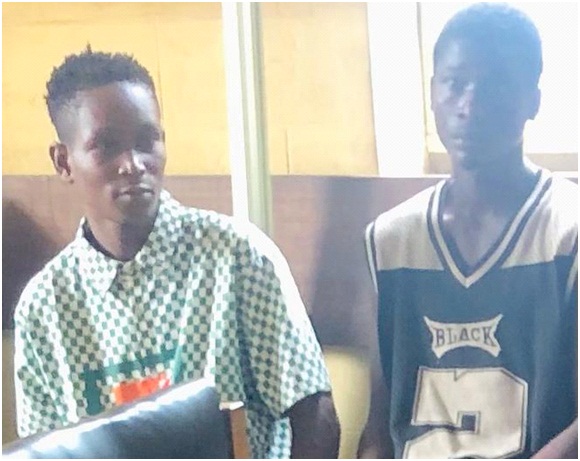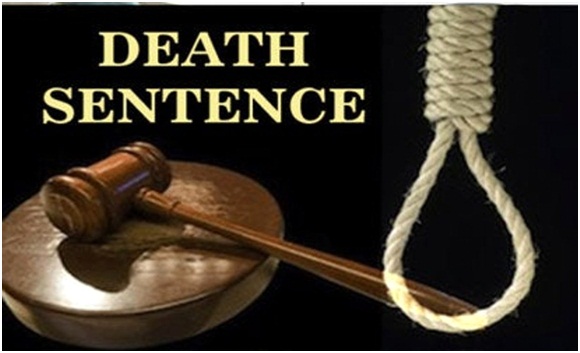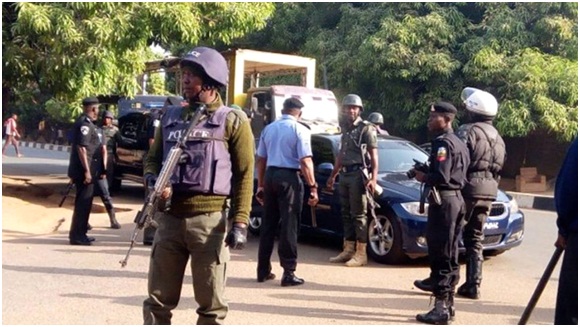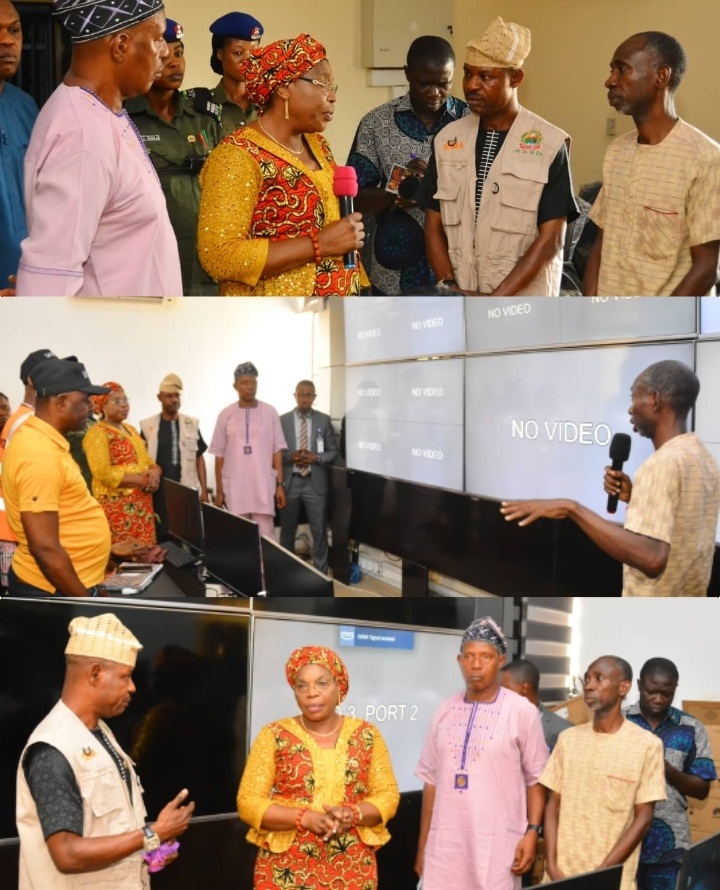Drugs and Unending Insecurity
SOLVING insecurity in Nigeria will take a holistic approach, not just with direct combat. Part of this approach is to tame the proliferation of illicit drugs in the country. Reports and observations have provided significant connection between illicit drug use and insecurity in the country as the former provides impetus for the latter. From the bigger insecurity challenges such as banditry, kidnapping, IPOB, terrorism to lower challenges such as burglary, rape and even domestic violence, illicit drug use has been found to play a key role.
APART from the export potentials of the drugs, the recent shocking statistics advertised by the National Drug Law Enforcement Agency (NDLEA) on illicit drugs is none the less frightening. Few days ago, the agency announced that drugs meant for insurgents, worth N6 billion, were intercepted at the Apapa Port in Lagos. The drugs were hidden in the rotor coils of marble polishing machines brought from the Middle Eastern country.
IN March this year, a 70-year-old drug trafficker, Mohammed Rabiu Wada, who allegedly supplies illicit substances to Boko Haram insurgents and bandits, was arrested by the agency in Niger State. In April, a Chadian, Uomar Issa was also arrested in possession of large volume of illicit drugs meant for Boko Haram insurgents. Uninterestingly, he bought the drugs from Onitsha market, the NDLEA revealed. Official report from the agency reveals that illicit drugs worth N100 billion was seized between January and August this year.
THESE are indications that Nigeria is becoming a drug empire with trans-national and continental networks. The implications of these seizures are that there is a huge number of illicit drugs users in Nigeria with direct and indirect connections with criminal activities.
NIGERIA at the moment is contending with huge security challenges: from Boko Haram to bandits, from kidnappers to IPOB, from criminal Okada riders to domestic rapists. Aside social factors such as poverty, poor social welfare, economic epilepsy, inflation, unemployment and high cost of living that can influence people into taking up violent conducts for various motives, illicit drugs and substances provide the confidence needed. For instance, drugs containing Methamphetamine are usually administered on guerillas and militia fighters to boost their energy and keep them active for days. This substance was prominently used during the Second World War. The substance has over the years been used by both military and non-military fighters.
DISCOVERIES in Boko Haram camps have shown that aside sophisticated weapons, opioids are another illegal items found in the criminals’ den. A former Boko Haram fighter, Adamu Musa was reported to have confessed that before any attack, each of the fighters must take some tablets of Tramadol. According to him, “Everyone took it before leaving the camp. Even if there was nothing else in the camp, there was always Tramadol. Whenever we took Tramadol, nothing mattered to us anymore except what we were sent to do”. A high use of Tramadol and other illicit substances is also reported among bandits, cultists and other criminal gangs. Reports show that a higher percentage of criminals arrested acted under the influence of drugs or large volume of drugs are found in their possession. This is because illicit drug use promotes criminality and criminality also promotes drug abuse.
SADLY, these drugs are being advertised on the media by film makers and music artistes. Understanding that the media is an agent of socialisation, the media has in recent times aided and abetted the use of illicit drugs in the country. Due to high demand by both the old and the young, including students in primary and secondary schools, trade in illicit drugs has experienced a boom.
THE Hope, as a matter of urgency, calls on government at all levels to put programmes in place to educate people against illicit drugs. The media, age groups, traditional, religious and community leaders must be engaged to provide drug education. Government should appoint ambassadors among celebrities, who will openly denounce the use of drugs and also sensitise their teeming followers on the dangers of the drugs. Parents and guardians must not shirk their responsibilities as regards educating their wards against the use of hard drugs and substances.
NIGERIA has an open-drug market, giving room for unregulated importation, distribution and use of drugs of any kind. There is need for government to ensure proper regulation of the drug market. The law enforcement agencies, especially the NDLEA, must be strengthened to ensure illegal importers and traders in illicit drugs are made to face the full wrath of the law.










